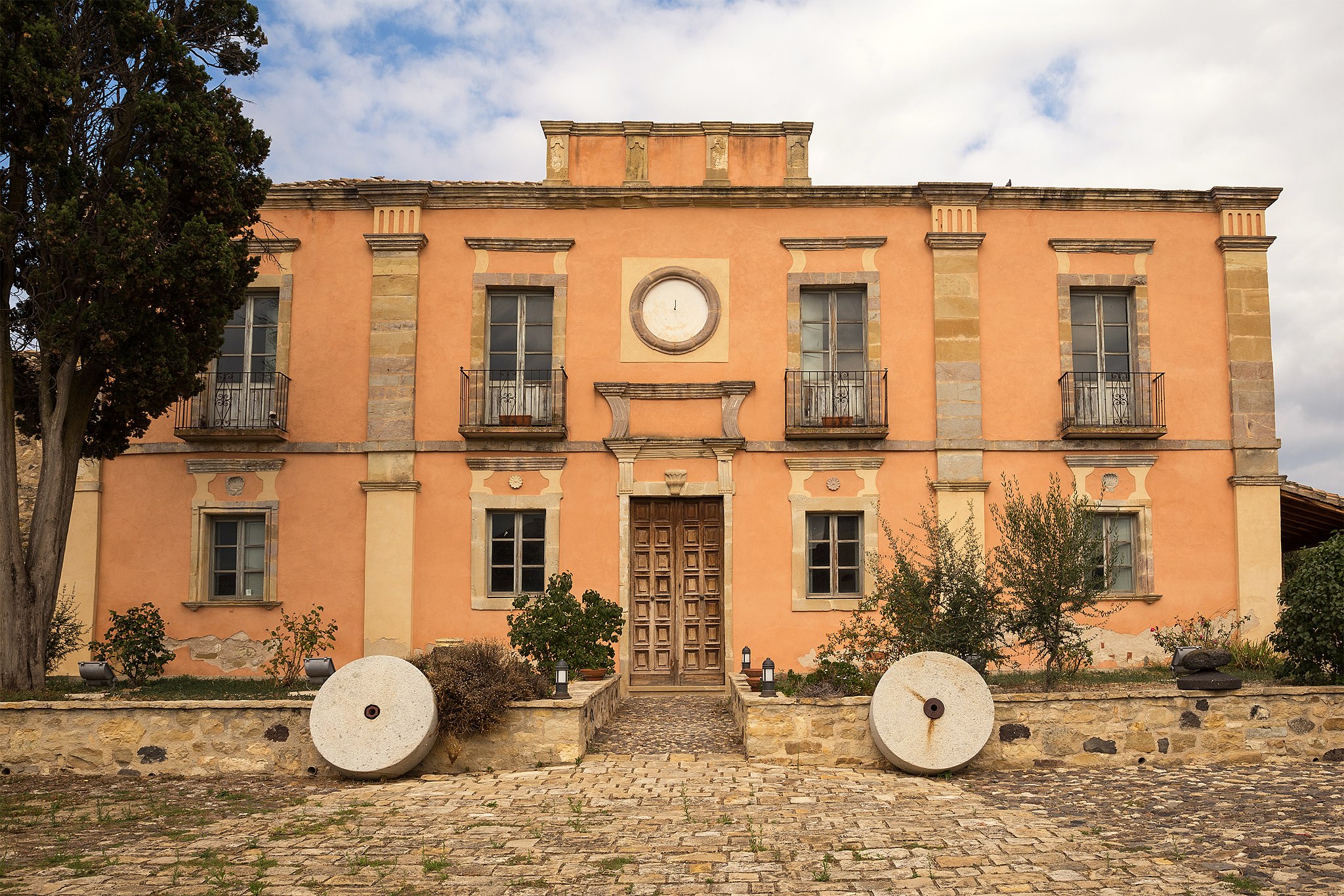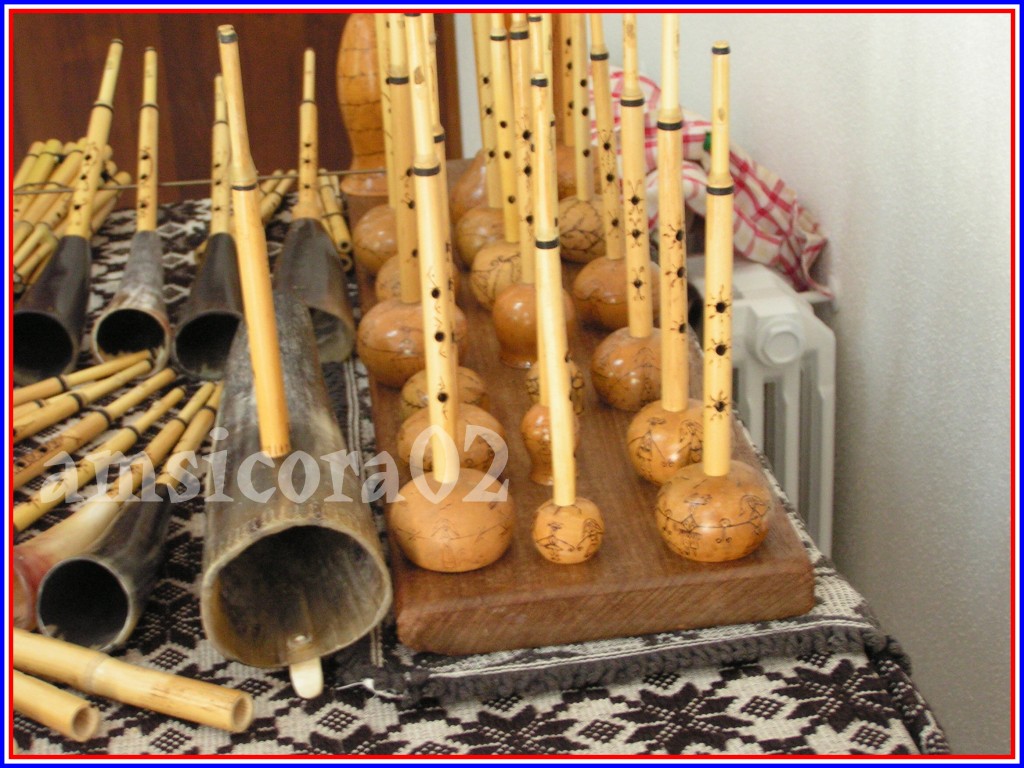Villa Asquer - Olive and Oil Museum - Museum of Musical Instruments

At the foot of the Giara plateau, in the historic center of Tuili, is the Villa Asque residence which was owned by the Asquer family until a few decades ago, built in the first half of the nineteenth century in fine neoclassical forms, perhaps to a design by Gaetano Cima, and equipped with rustic outbuildings.
This splendid setting now houses the "Museum of olive trees and oil" and the "Museum of Sardinian musical instruments".

The Olive and Oil Museum, set up on the ground floor of the building, illustrates the tradition of olive growing through period images and stories. Grafters, pruners and harvesters narrate the efforts of this millenary work, which starts from the grafting of the olive tree on the olive tree to get to the transformation of the olives into oil.

Hoes, picks, grafting knives, millstones and jars, simple tools unchanged over time, accompany the story, from the nineteenth century to the present day. It evokes the care and attention that the Asquer, a noble feudal family of Ligurian descent, gave to olive and oil production, in particular in the person of Don Gavino Asquer Pes, who, attracted by innovations, introduced a modern and functional oil mill into the residence. Next to the nineteenth-century oil mill, the most recent machinery from the second half of the twentieth century is exhibited.
The Museum of Sardinian musical instruments is set up on the upper floor of the villa, where family life once took place.
Within the collection, a special place is reserved for launeddas, the Sardinian instrument par excellence. An entire wall houses a rich assortment, whose placement on five lines refers to the idea of ??the pentagram. A collection not only to see but above all to hear, through the diffusion in the room of the melodies of the ancient reed instrument performed live by maestro Franco Melis.
Cane is a recurring material in the instruments of the collection, since the territory offers excellent quality: there are countless examples of benas, sulitus and pipaiolus produced with isperrada, cannuga, sarragia cane, which are placed in the display cases.
The museum itinerary also gives space to percussion instruments, such as tumbarinos and afuente, to clanging instruments used during the rites of Holy Week, such as taulitas and matracas, as well as phonographs, gramophones, turntables and accordions.

Villa Asquer is a residence of remarkable architectural value that still retains the memory of the family who built and lived there. The culture of oil and traditional music, which is documented there, hands down a vanished world full of charm to the new generations.

Services
Physical accessibility facilitated for visitors with specific needs, guided tours.
Reservations are required for guided tours.
Timetables:
MON-SA 10: 00-13: 00 and 15: 00-19: 00
With advance booking it is possible to visit the museum also on Sundays.
Map: Villa Asquer - Olive and Oil Museum - Museum of Musical Instruments
Address: Piazza S. Pietro, 09029
Tuili (SU) Sardegna
Latitude: 39.715473076781194
Longitude: 8.958503007888794
Site: https://www.sardegnacultura.it...
vCard created by: CHO.earth
Currently owned by: CHO.earth
Type: Villa
Function: Museum
Creation date: 05-03-2020 18:34
Last update: 12/07/2022
